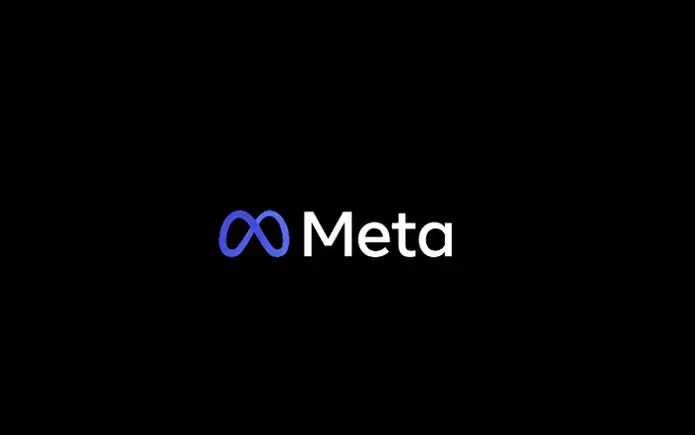The dynamics of social media and politics are interwoven like never before, and as Donald Trump prepares to reoccupy the White House for a second term, it is expected that his policies will reflect on the business operations of major platforms such as Meta. The company, previously known as Facebook, is undergoing a substantial transformation in its leadership structure, indicative of a broader strategy designed to assuage tensions with the upcoming administration. Recently, Meta unveiled the appointment of three new board members, which included key figures like Exor CEO John Elkann, investor Charlie Songhurst, and UFC president Dana White. The addition of Dana White, a vocal supporter of Trump, raises questions about Meta’s future political stance and influences its corporate governance.
The Influence of Political Affiliations on Corporate Governance
Dana White’s track record as a supporter of Trump extends back to the latter’s 2020 campaign and includes a significant presence at Republican events. This strategic appointment is not merely a nod to political camaraderie; it signifies a notable pivot in Meta’s approach toward the political landscape as it gears up for what could be a tumultuous four years under a Trump-led administration. During his previous tenure, Trump often criticized Meta, threatening legal and regulatory repercussions—the suspension of his Facebook and Instagram accounts in the aftermath of the Capitol riots served as a catalyst for his outrage. Thus, White’s presence on the board appears to be a tactical maneuver to create a more agreeable dialogue with the incoming administration and placate Trump’s sentiments towards the social media giant.
Restructuring for Political Synergy
In tandem with the appointment of new board members, Meta is also making significant changes to its internal structure, notably by reshuffling leadership in public policy. Nick Clegg, the previous public affairs leader who was instrumental in the decision to suspend Trump’s accounts, has been replaced by Republican Joel Kaplan. This shift symbolizes Meta’s intent to embrace a more conservative line, likely aiming to mitigate Trump’s animosity and foster a collaborative corporate-political atmosphere. Furthermore, Zuckerberg’s direct engagement with Trump reflects his acknowledgment of the need for a more accommodating stance, showcasing a desire to bridge gaps that have historically been contentious.
From a user perspective, these alterations hold potential ramifications regarding Meta’s previously stringent policies on political content. Meta previously adopted a cautious approach to moderating political speech, driven by concerns over exacerbating divisions and potential backlash from users. However, the renewed influence of pro-Trump figures may prompt Meta to reconsider its anti-politics stance. With over three billion active users across its platforms, any shift toward easing restrictions on political discourse could significantly amplify political messaging on the platform, in theory allowing greater engagement among users.
While Meta’s caution has historically aimed to minimize strife among its user base, the landscape may soon shift as influential board members advocate for more leeway in political discussions. The implications of such changes could reverberate beyond Meta, as real-time political conversations on platforms like Threads, the company’s Twitter competitor, have shown to be challenging under restrictive guidelines.
The potential return to a more permissive stance on political discourse brings forward concerns regarding the balance Meta must strike. Trump’s history of incendiary remarks presents a significant risk; his past posts were often flagged or sanctioned due to their divisive nature. The challenge for Meta lies in navigating a fine line between permitting political speech and maintaining the integrity of its platform. As Trump becomes more aligned with Truth Social, it remains to be seen how his engagement with Meta will evolve. Will he leverage the platform as he did in past campaigns, or will his reliance shift towards his own platform?
The broader implications of these choices highlight a key area of contention. If Trump uses Meta for expansive outreach, the board’s conservative inclinations may drive the company to adopt a more lenient approach toward moderation, essentially rekindling the very issues that fueled controversy in Trump’s previous tenure. Dana White’s influence could further complicate the corporate response, instigating debates among board members about ethical considerations surrounding content moderation.
As Meta embarks on this new chapter, it does so with a shrewd understanding of the political climate surrounding it. The decisions made today will not only dictate the company’s operational framework but will also shape the user experience on its platforms for years to come. By aligning itself with prominent political figures such as Dana White, Meta is not just taking a stance; it is strategically positioning itself to mitigate possible backlash while fostering relationships that will be critical in the evolving political sphere. Whether this approach ultimately pays off will depend on public perception, user engagement, and the unpredictable nature of Trump’s rhetoric—elements that promise to keep Meta on its toes in the coming years.


Leave a Reply